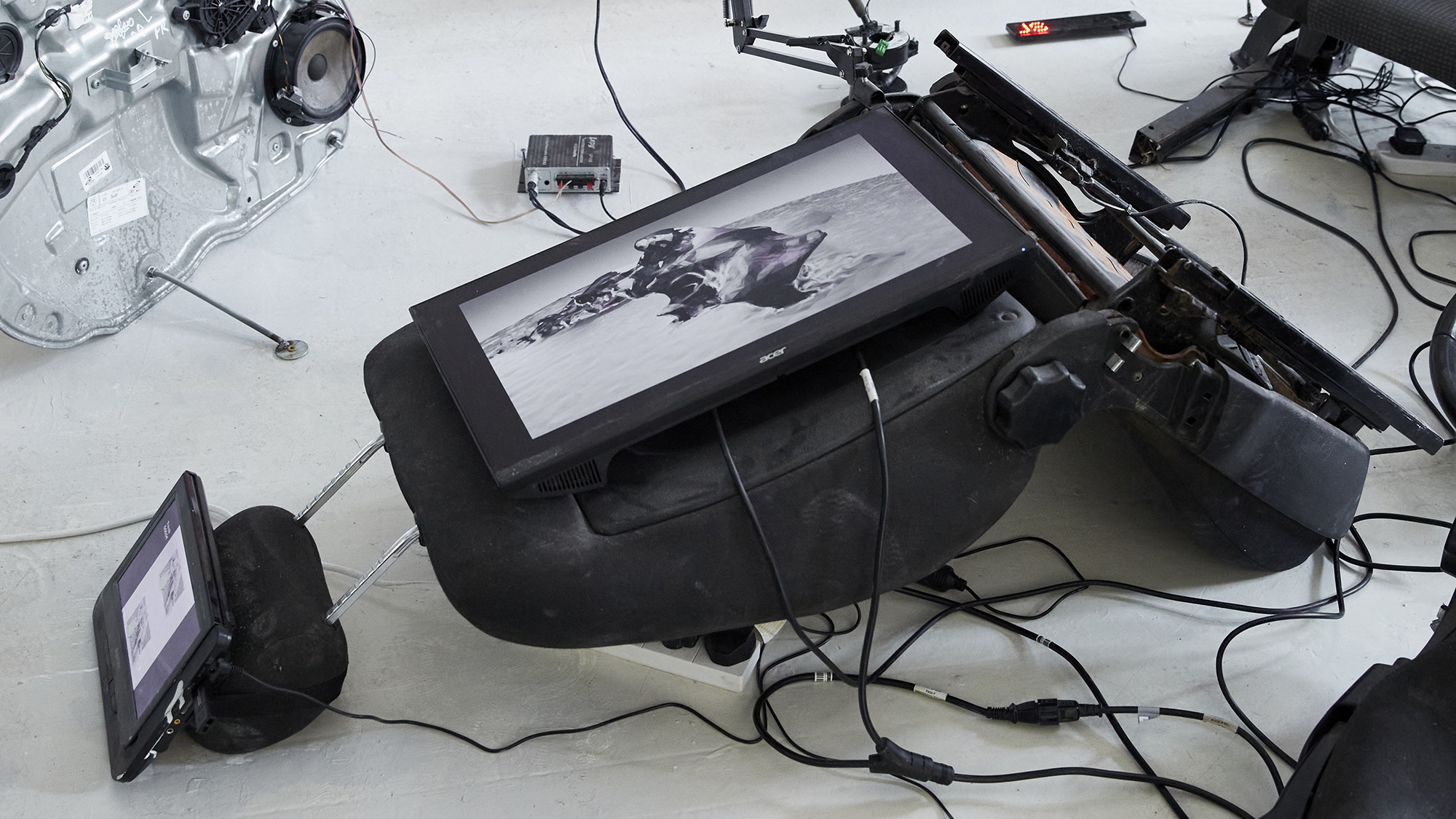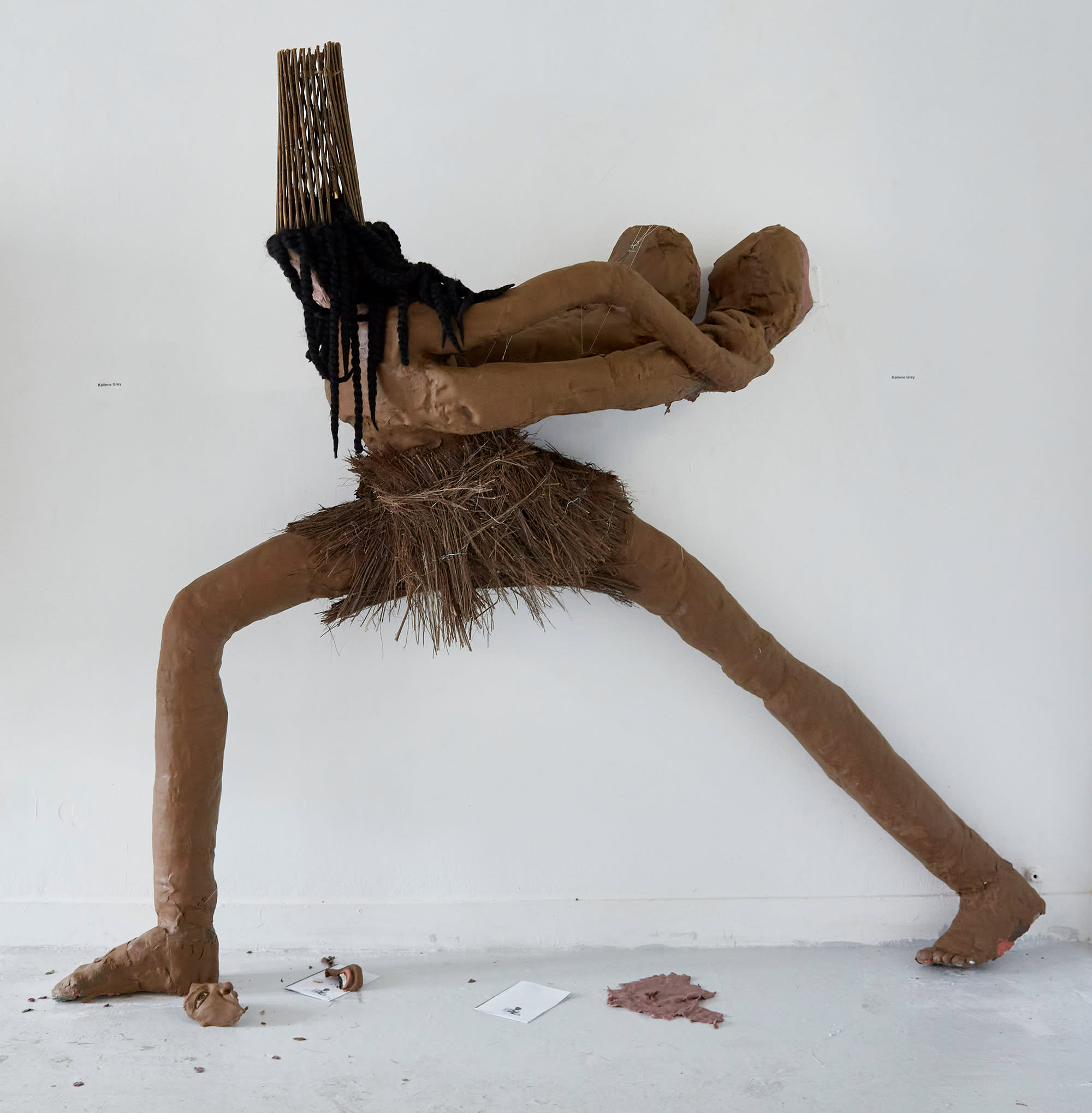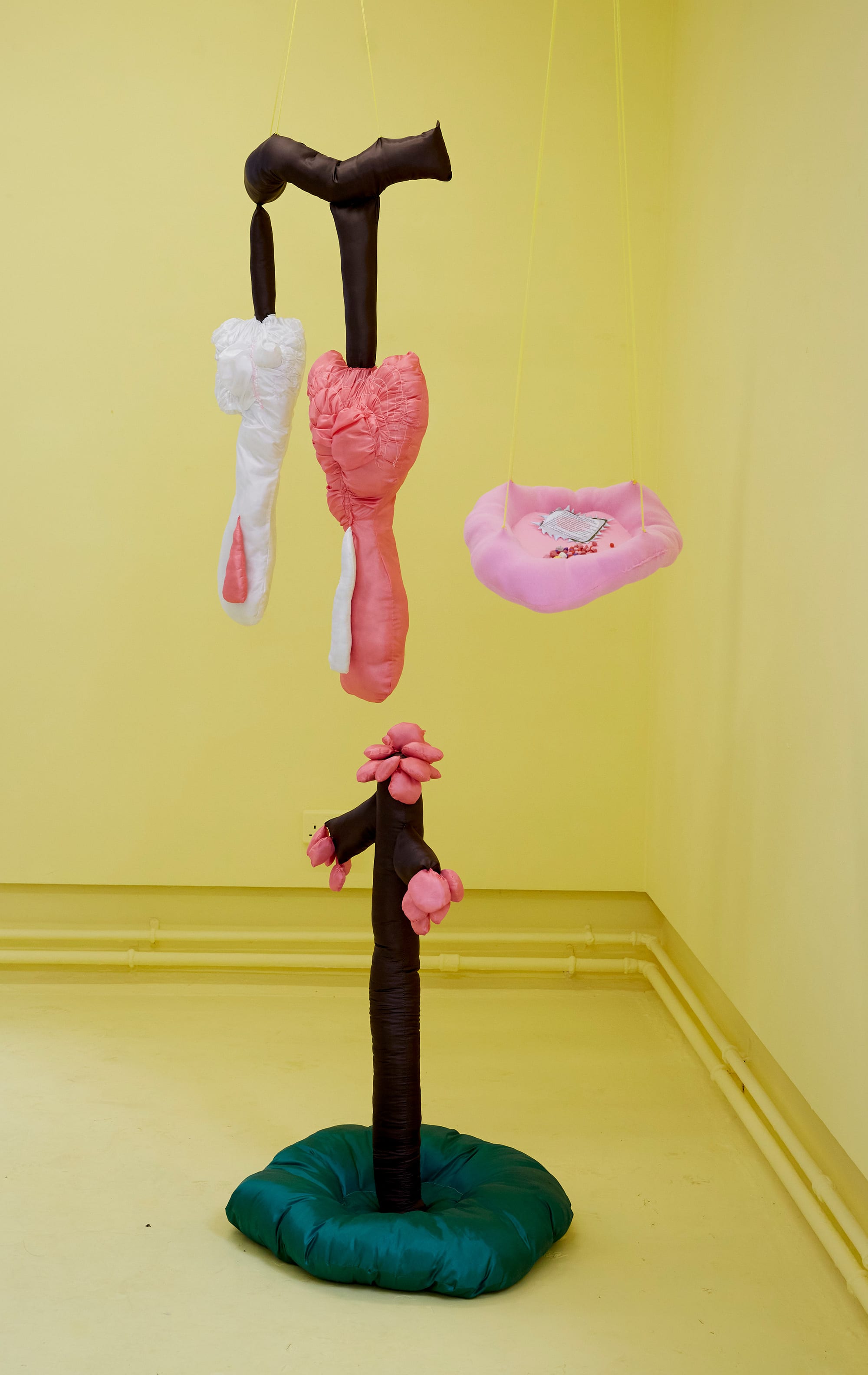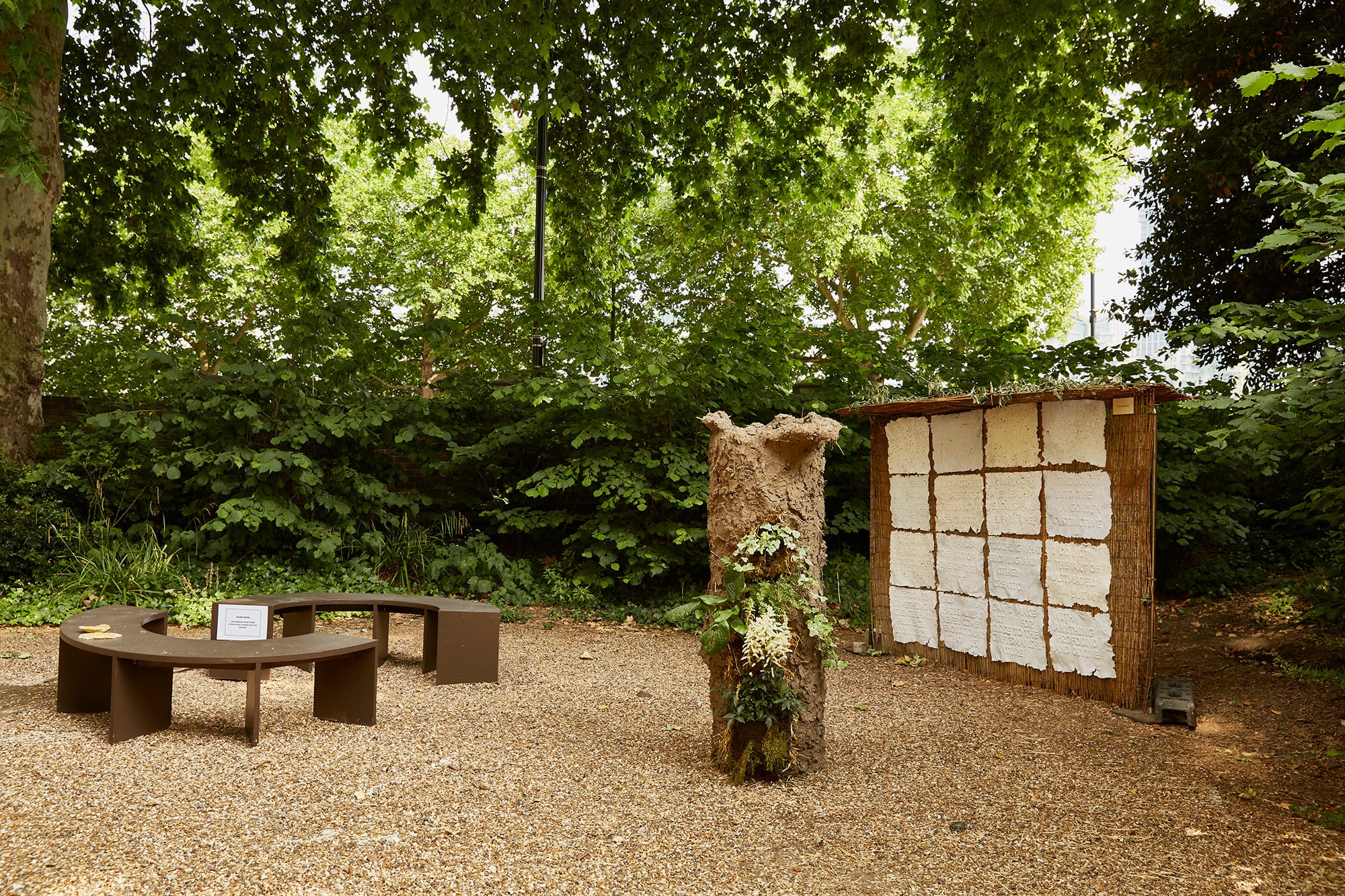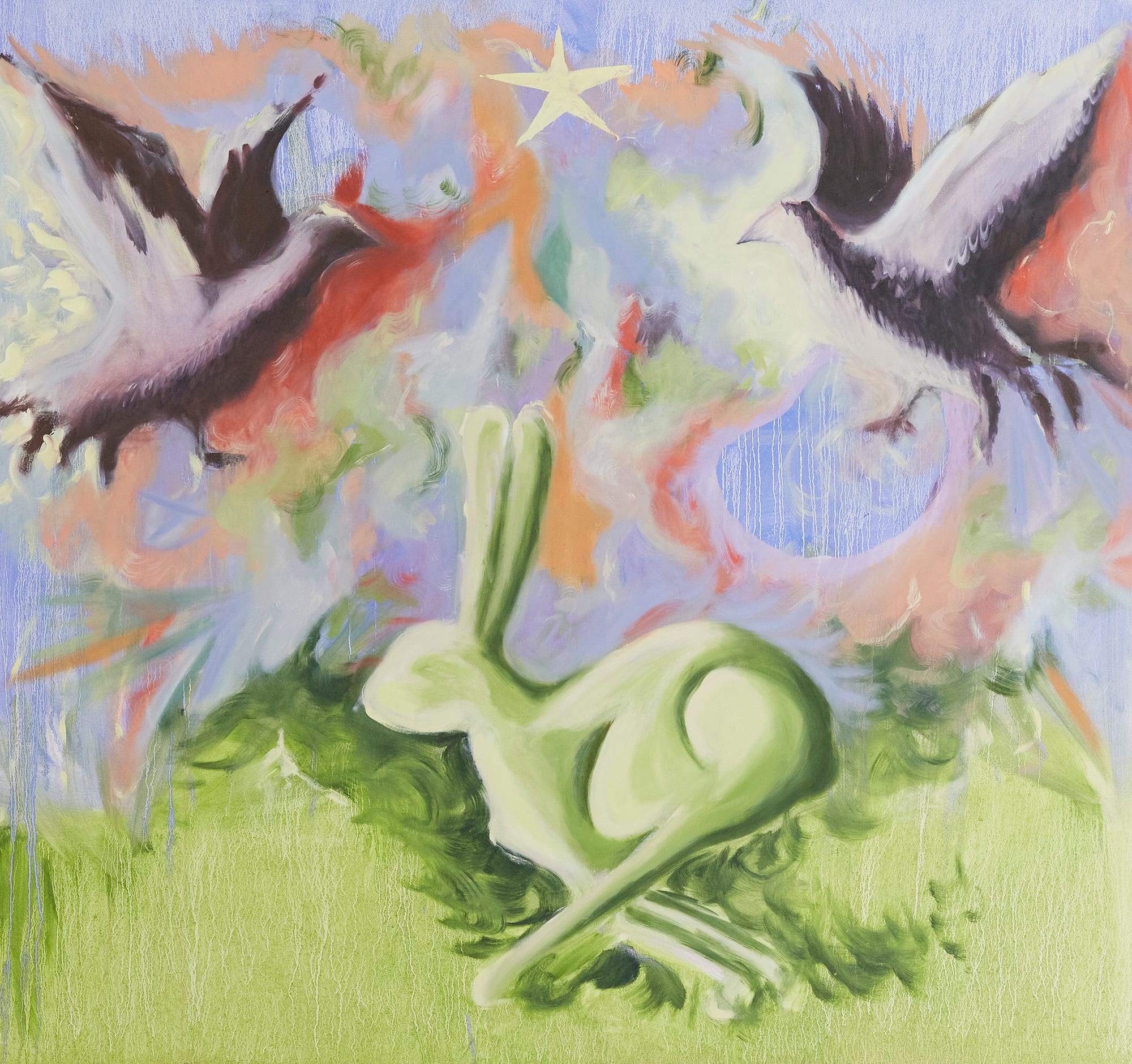Course units
Year 1
Unit 1: Introduction to Fine Art
This unit is an introduction to your course, the College and the University. You'll learn new ways of thinking, researching and working. You'll use these as you work through the course. You'll see the spaces and facilities available for Fine Art students at the College. You'll work towards an open studio event.
Unit 2: Investigations
You'll begin to develop the independence needed to define your own art practice and research. Experimental workshops, seminars, gallery visits and artist’s talks will encourage new ways of thinking and working. You'll reflect on progress through peer reviews, research activities and studio crits. You'll begin to think about the processes necessary for materials and ideas to become artworks. You'll consider the impact of working in different ways.
Unit 3: Mattering
You'll form a studio collective around ideas in your practice. Working together you'll curate and produce an off-site exhibition or project. You'll think about the relationship between your practices and their context. You'll start to develop a critical understanding. You'll consider the way materials (matter), artworks, contexts and ideas work together. How they produce meaning and experiences that matter and have consequences.
Unit 4: Speculations
This unit gives you the chance to reflect on your progress and imagine an ambitious future for your work and ideas. As the 3rd year students develop their Degree Show you'll think about how your own work might evolve. You'll investigate different ways artists and curators turn proposals into realised projects.
Year 2
Unit 5: Intra-action (collaborative and collective practices)
Forming an active research collective you'll work towards an experimental collaborative exhibition. You'll learn from each other working with new ideas and processes. You'll negotiate and appreciate difference. You'll think about how your own identity as an artist form through encounters with the work of others.
Unit 6: Constellations
You'll revisit your own practice in the light of the collaborative work undertaken in unit 5. You'll map out the range of ideas and practices that are informing your work. You'll begin to explore the connections between them. Writing workshops will help you articulate and develop ideas that underpin your practice.
Unit 7: Activation fields
During this unit you'll work on 2 exhibitions. These will build a deeper understanding of how your work responds in different situations or ‘fields’. You'll work with other students on an off-site exhibition or project. You'll also produce an accompanying publication. In the second half of the unit, you'll work towards an ambitious on-site exhibition. This will help prepare you for exhibitions in Year 3.
Unit 8: Entanglements
You'll carry out in-depth investigation of the connections and entanglements between the ideas suggested by your practice. Research workshops will help you to develop new ways to explore ideas and articulate your thinking. These will enable you to communicate your interests in writing. They will feed and support your practice as it develops towards your dissertation and Degree Show.
Year 3
Unit 9: Professional futures
The unit aims to address the 3Es (employability, enterprise and entrepreneurship). You'll reflect on your learning and skills across the entirety of your study. You’ll have an opportunity to showcase your outcomes and intentions. You'll consider your next steps as you enter industry or continue with your education.
Unit 10: Thinking, making, writing
This unit will support you to develop the complex connections between practice and theory in your work. We will encourage you to respond to the challenge of re-thinking your practice for an experimental exhibition/event. You'll submit a draft dissertation. This will give you the opportunity to test ideas and absorb feedback in preparation for your public-facing outcomes in Unit 11.
Unit 11: Making public
You'll work towards your final dissertation and the public-facing Degree Show. You'll work in ways that take both site and audience into consideration. You'll gain skills to support your work beyond the course. You'll think about independent practice, employment or postgraduate study.
Optional Diploma between Years 2 and 3
Between Years 2 and 3 of the course, you’ll also have the opportunity to undertake one of the following additional UAL qualifications:
Diploma in Professional Studies (DPS)
This optional diploma can be taken between years 2 and 3. With support from your tutors, you’ll undertake an industry placement for a minimum of 100 days/20 weeks. As well as developing industry skills, you’ll gain an additional qualification upon successful completion.
Diploma in Creative Computing
Between years 2 and 3, you can undertake the year-long Diploma in Creative Computing. This will develop your skills in creative computing alongside your degree. After successfully completing the diploma and your undergraduate course, you’ll graduate with an enhanced degree: BA (Hons) Fine Art (with Creative Computing).
Diploma in Apple Development
This optional diploma can be taken between years’ 2 and 3. You’ll have the opportunity to become an accredited Apple developer, undertaking a learning programme designed by Apple for UAL. After successfully completing the diploma and your undergraduate degree, you’ll graduate with an enhanced degree: BA (Hons) Fine Art (with Apple Development).
